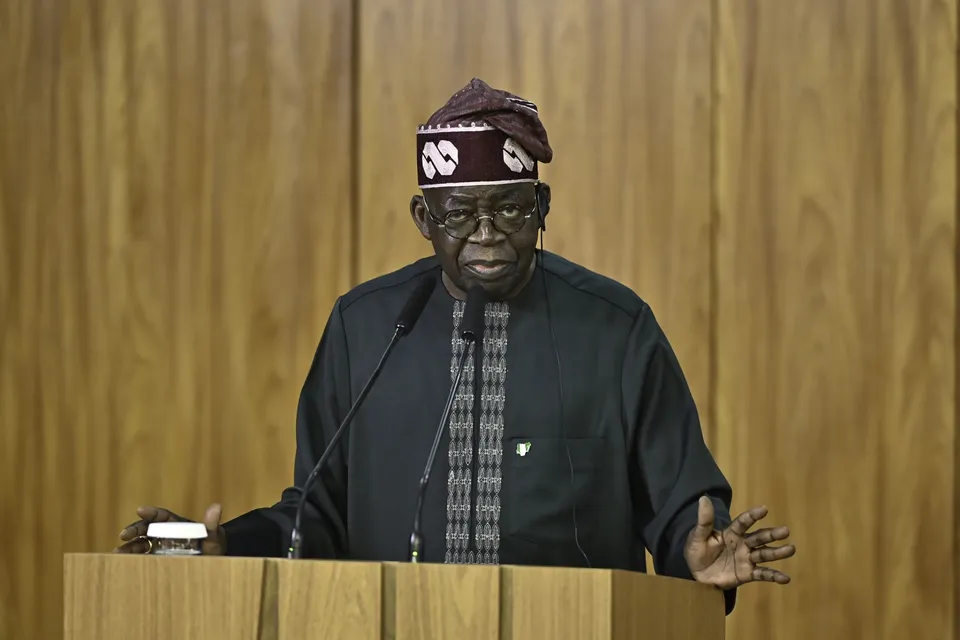President Bola Tinubu announced that Nigeria’s economy is rebounding after nearly three years of bold reforms, with faster growth, slowing inflation, and reduced debt costs. Speaking on Wednesday to mark Nigeria’s independence from Britain, Tinubu highlighted the progress since his administration took office in May 2023.

Key reforms include scrapping costly fuel subsidies, overhauling tax laws, and boosting crude oil production by enhancing security in the Niger Delta. “The dawn of a new, prosperous, self-reliant Nigeria is here,” Tinubu declared, noting that the economy, inherited in a “near-collapsed” state, has achieved its fastest growth in four years, a three-year low in inflation, record non-oil revenue, and a debt-service-to-GDP ratio drop from 97% to under 50%.
Tinubu emphasized the choice his administration faced: “Continue business as usual and watch our nation drift, or embark on a courageous, fundamental reform path.” Choosing reform, he said, is now yielding results. The central bank’s shift to a freer naira and orthodox monetary policies has stabilized the currency, leading to a lower fiscal deficit, a current account surplus, and the highest foreign reserves since 2019.

These changes have boosted Nigerian assets, with the stock market rising 39% in local currency and 45% in dollar terms this year, per Bloomberg data. Local currency bonds have delivered a 33.9% return, second only to Brazil globally. While praised by foreign investors, the World Bank, and IMF, the reforms sparked a naira depreciation of nearly 70% and a cost-of-living crisis, with nearly half of Nigeria’s population in extreme poverty.

Tinubu acknowledged the “temporary” hardships but stressed that inaction would have led to “economic chaos or bankruptcy.” The reforms, he insisted, are laying the foundation for a stronger Nigeria.




